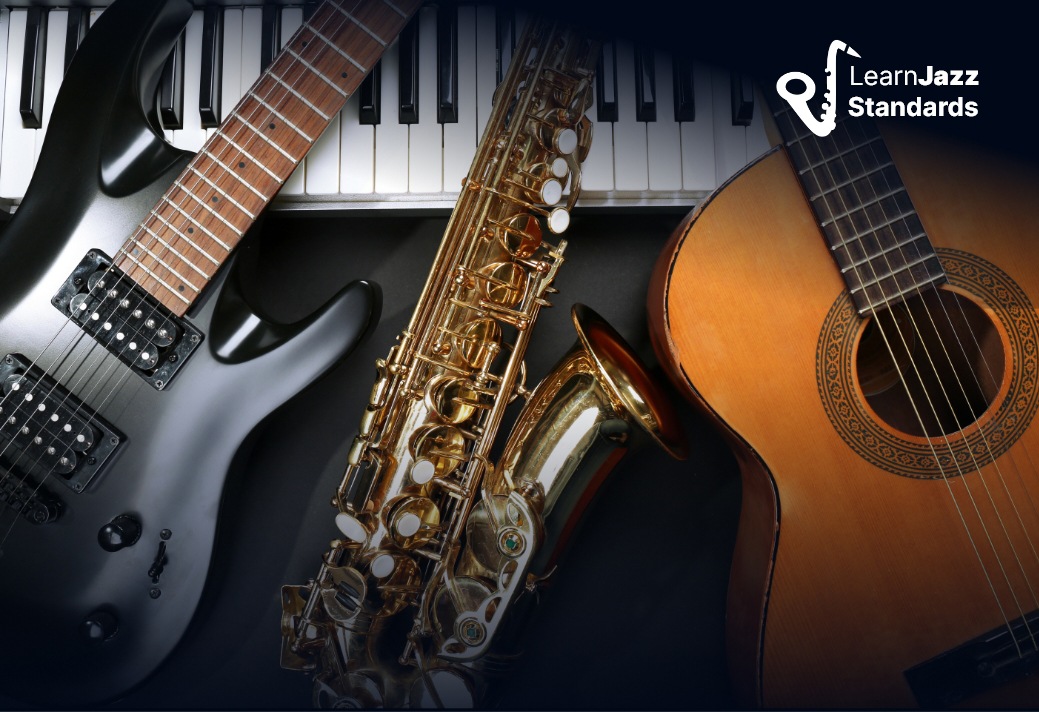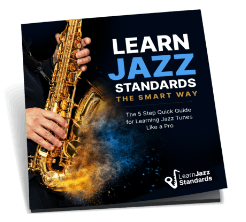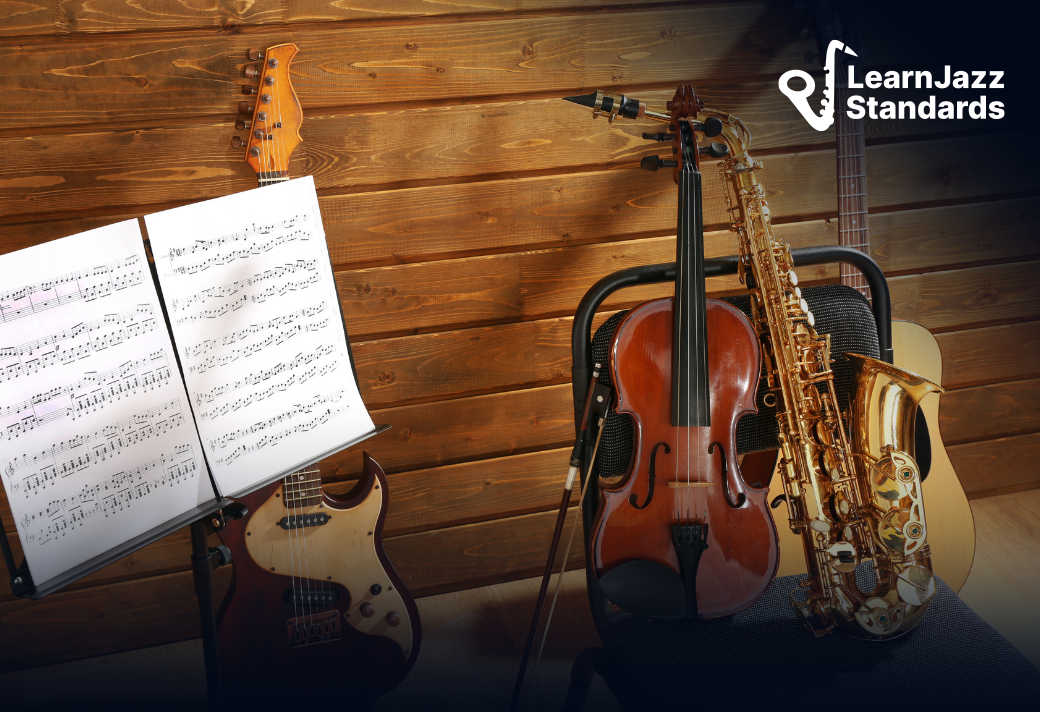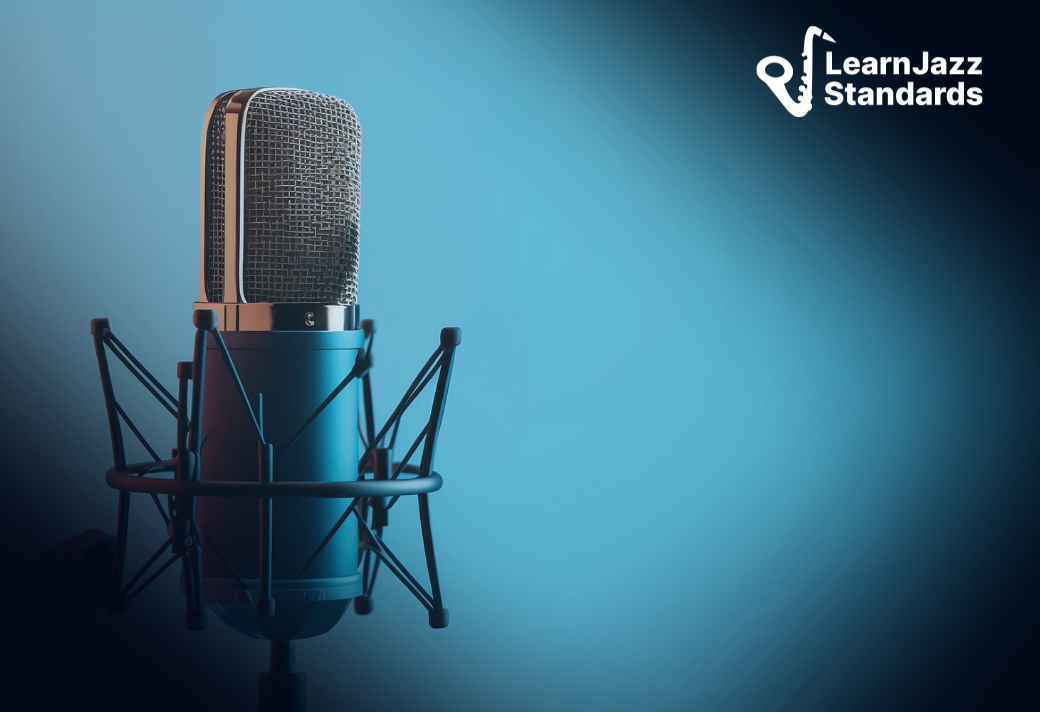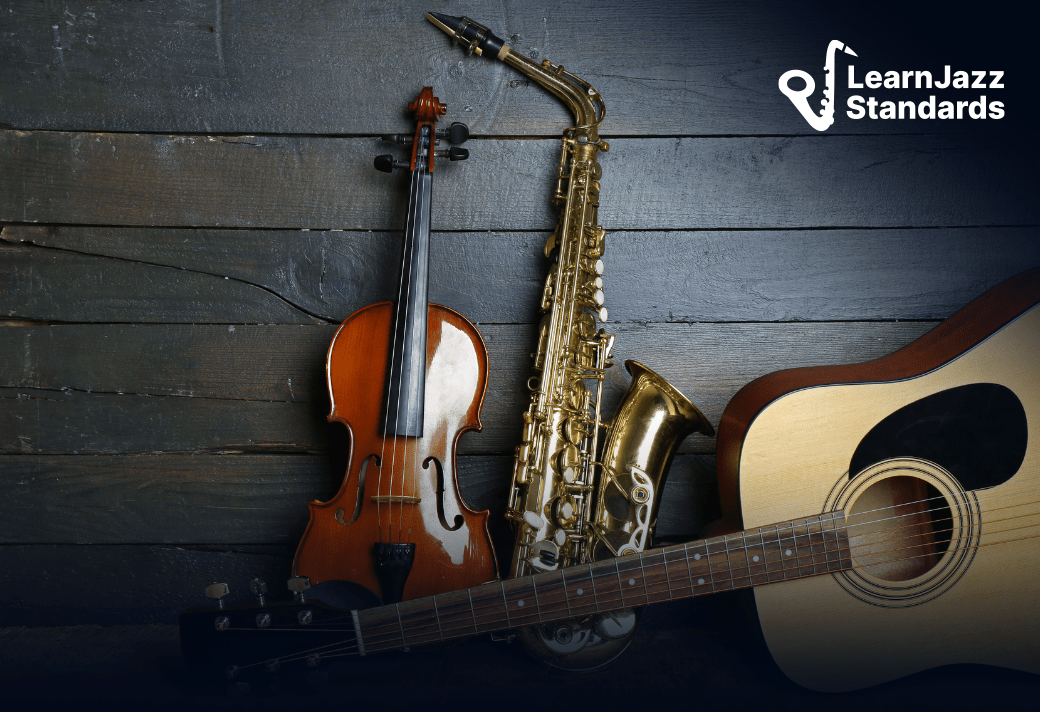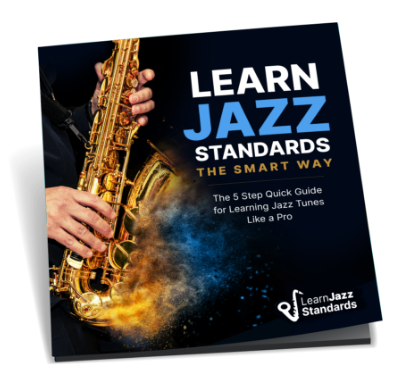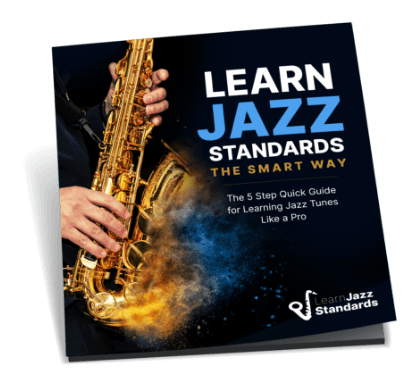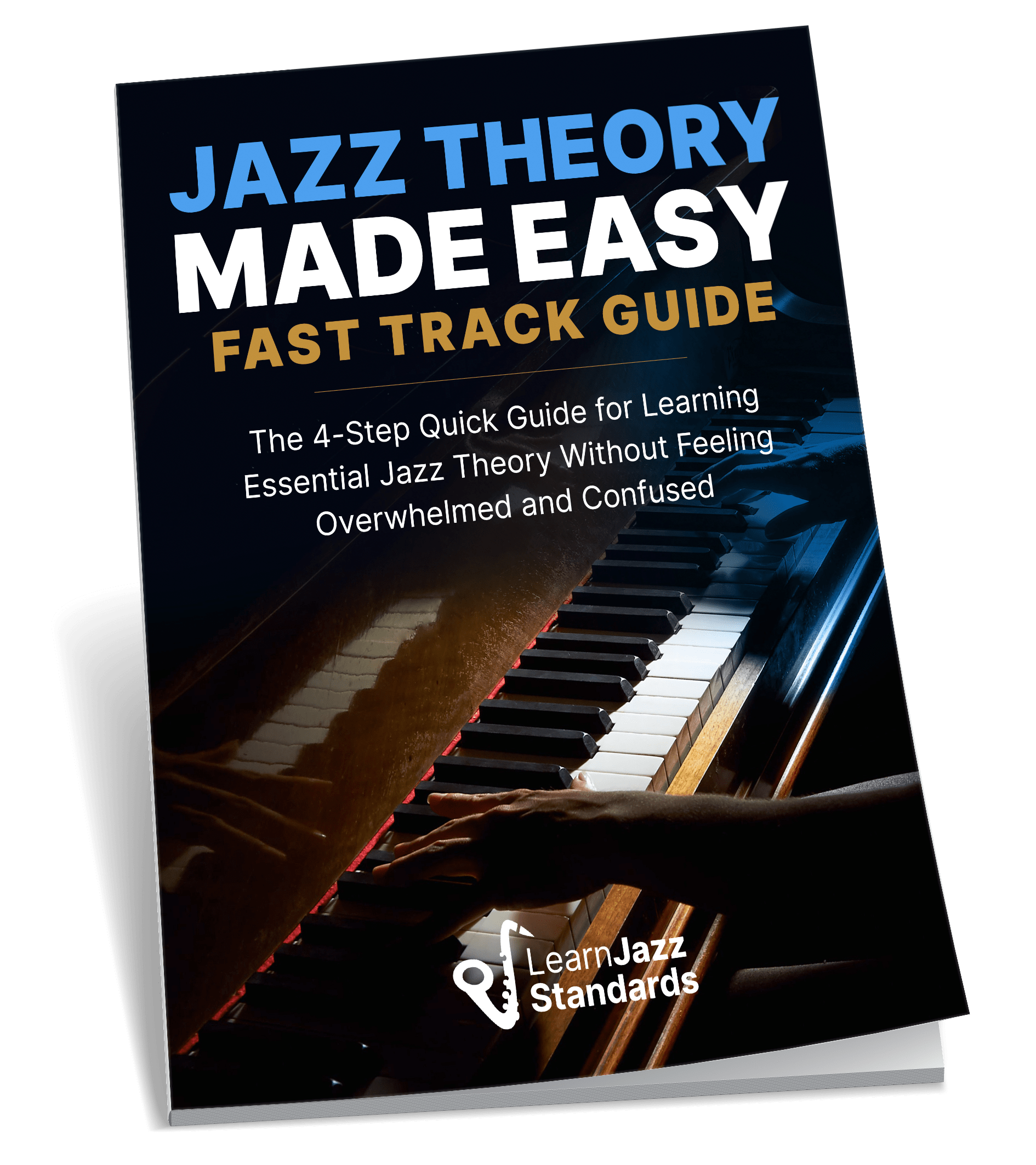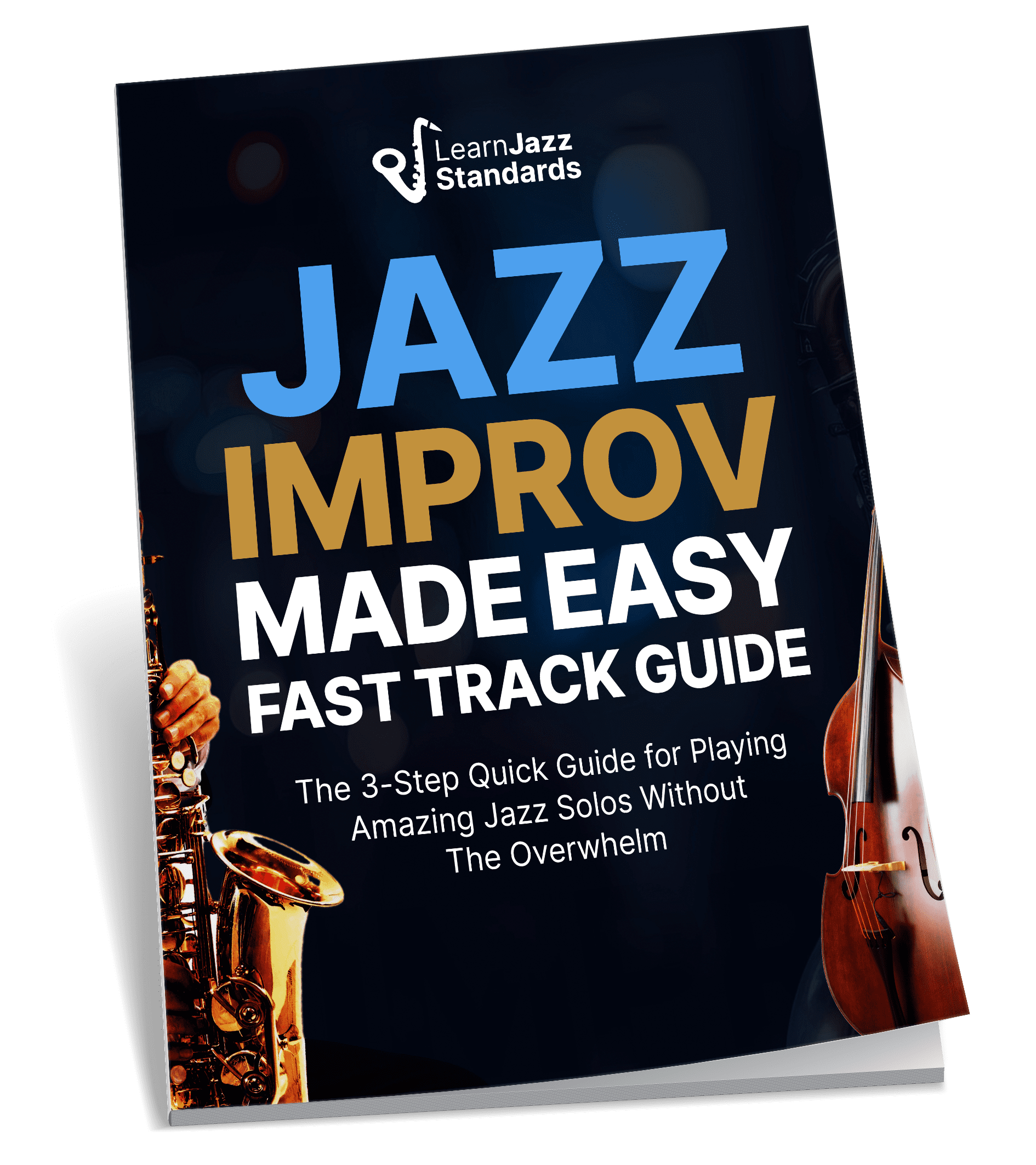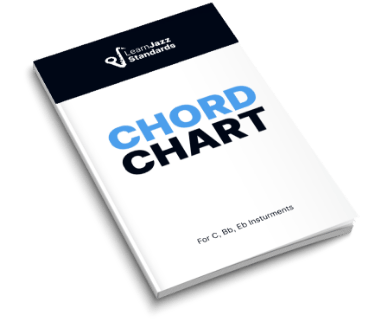(Editors Note: This is a guest post by Chad Lefkowitz-Brown)
If you Google “How much money does a jazz musician make?”, an NPR article will come up headlined, “Do Jazz Musicians Really Make $23,000 A Year?”. Within that article, a paragraph elaborates:
“The number in the headline, $23,300, is the mean yearly music-related income for a jazz musician not affiliated with the American Federation of Musicians union, according to the FMC [Future of Music Coalition]. By “music-related,” the FMC included teaching, along with things like performing live and recording. The number goes up to $37,200 for AFM members. Among non-jazz musicians, the mean income is lower for non-AFM-affiliated ($20,400) and higher for AFM-affiliated ($48,650).”
My answer to the headline is plain and simple: No. The reality is, just like corporations take advantage of a tax system that allows them to claim losses despite massive earnings, jazz musicians take advantage of a tax system that allows us to claim self-proprietor or small business deductions that make our Adjusted Gross Income (AGI) a lot lower than what we actually consider our income to be.
According to my concept of income (not the IRS AGI concept), I would estimate that the average jazz musician makes a wide range of about $30,000 to $80,000. That number varies greatly, partially because your income as a musician may be subject to how much you want to work. One of the job perks of being a musician is that once you become in demand, you can choose how often you want to be booked, and if you have a strong entrepreneurial sense, the sky is the limit.
It may not be common, but it is entirely possible to even earn “six figures” ($100k or more) as a jazz musician when working in one or a combination of the musical occupations that I’m about to describe.
Sure, that might not be the kind of “big money” where you drive a Lamborghini to the gig, but it’s a lot more than the $22k average salary that a “Google” search would lead you to believe represents the typical income of a jazz musician.
It usually takes time to accumulate quality work in each of these 18 occupations, and it may require working in a combination of the following categories to start making “big money,” but if you have the proper skill set and enough willpower, you could even make six figures early in your career. There could be an entirely unique article on how to go about scoring a gig in each category but, for now, here’s a list with a brief explanation of each occupation:
1. Become a Renowned Jazz Soloist
Okay, we’re not starting with the easiest one here, and in jazz this often takes a long time, so becoming a renowned jazz artist/bandleader/soloist takes a lot of hard work and patience. Many jazz musicians really don’t hit the prime of their career until they’re middle-aged. Michael Brecker was 38 when he released his first solo album (though he did co-lead the Brecker Brothers starting in his late 20s) and many renowned jazz musicians don’t start touring as soloists until their 40s or even later.
It may take a while, but it is entirely possible for anyone who focuses hard on putting out music and an image that is marketable to the jazz world and the greater jazz audience, or even a specific yet loyal demographic of jazz listeners. It takes much more than just playing your instrument at an extremely high level, and sometimes that isn’t necessarily even a requirement!
The income of renowned jazz musicians varies greatly, but if you accomplish this career goal you will certainly make a comfortable living, at the very least. Some soloists that you’re familiar with are so renowned that they only perform, while some fill in the gaps with teaching, whether privately or through a conservatory or university.
Even some famous jazz soloists still teach, especially in masterclass settings, simply because they enjoy it and educational engagements can be very lucrative. Some of my favorite performance engagements have been in educational settings, playing a show as a guest soloist and/or giving a masterclass at an educational institution.
As far as performance fees go, legend has it that Miles Davis, towards the end of his career, said something to the effect of, “I have to charge a million dollars for a concert so Herbie (Hancock) can charge half a million.” Concert fees can be very high, and even if numbers like that probably don’t exist for jazz musicians these days, you can still make a lot.
2. Become an In-demand Sideman
Sideman gigs also vary greatly, so if you only want to be a sideman, and you don’t want to combine any of the other occupations listed later in this article, you might play a background restaurant gig for $100 the night before a show in Europe for $1,000, but it sure is cool to make a living by only playing and nothing else. And if you’re a “renowned” sideman touring with very well-known artists, you’re certainly not going to need the $100 background gig.
At one point when I was younger, I played 34 gigs in 30 days. I personally got burnt out of constantly running around, so I’m fortunate in that I can pick and choose what gigs I want to do these days, but when you’re becoming established it’s great to take everything you get called for to increase your web of connections and help move your career forward.
3. Start a Band
Okay, this one is a little less strict in the jazz idiom here, and this is another hard one to pull off, but bands like Snarky Puppy demonstrate that if you dedicate yourself to a quality project, it can turn into something successful down the road.
You don’t need to be a virtuosic jazz soloist to create quality jazz-influenced music that can appeal to the greater jazz audience. I even know jazz musicians who became full out rock stars, like Daniel Platzman (drummer for Imagine Dragons), whom I used to play lots of jazz gigs with in NYC.
I remember playing at the Blue Note with him just a few weeks before he moved to Las Vegas to join an up and coming band with his old roommate from Berklee. A few months later I saw posters of the band all over Alaska while I was touring through there, and the next thing I knew, they were on TV and pop radio all over the world.
Sometimes it might take a bit of paid advertising on social media to get “discovered” if you’re not working with a label, but so much can happen organically if you put out truly high-quality music.
Chance The Rapper, for instance, became a rap star without signing to a label. In the more jazz-influenced realm of pop music, bands like Dirty Loops, Knower, and production based groups like Brasstracks and Big Gigantic, were all founded by musicians with a background in jazz training – some of them are old friends of mine, and I had a lot of fun working with them during their jazzier days.
One friend of mine, Leo P, is a graduate of the Manhattan School of Music jazz program, and is now known worldwide for his dance-integrated bari sax performances as a soloist and with the band Too Many Zooz.
4. Pop Gigs
It can take a bit of luck to become a full-time member of a backing band, but many of the people you see backing pop stars are trained jazz musicians, and there are lots of opportunities to do a string of gigs with an artist, if not years of touring.
I spent a season backing Taylor Swift, and I’ve done pop gigs for a whole slew of artists ranging from Don Henley (The Eagles) to Phillip Phillips (American Idol Winner). If you get into the right scene, you can find yourself getting consistent calls for TV gigs backing up a range of artists during their promotional shows.
5. Teaching
Teaching is a great way to make a full-time living if you’ve pursued a career in education, or if you’re a performer, it’s a great way to fill in the gaps between shows and recordings.
Now, with social media, more people are interested in taking lessons because they are able to watch and hear so many amazing musicians that they want to learn from. Over the past few years I’ve been flooded with inquiries for Skype lessons, so anytime I’m back home in NYC and available to teach, the option is there for me. I only work with advanced or professional players these days, but even beginners or more developing players are interested in studying privately with someone online.
6. Become a Full-time Professor
This can take a long time to achieve and it can be very competitive since so many people are qualified with master’s degrees or even doctorates in jazz and jazz education, but jazz education is a thriving field, so there should be full-time jazz professor “gigs” available until the end of time. It’s important to remember that most colleges look for musicians who have established themselves as both performers and educators, or at least as accomplished educators.
7. Recording/Producing
The recording scene is certainly not what it used to be. I hear stories all the time about jazz musicians in the 90’s hanging out at the Local 802 (Musician’s Union) call center where they would wait around for calls to do session work.
At those sessions, they would make a few hundred and sometimes get royalty points as well to record for jingles and commercials. Nowadays, there is certainly still work like that, but it’s not nearly as abundant, so it’s more competitive and takes a bit of luck to get into that scene.
Producing, however, is the new phenomenon that jazz musicians can take advantage of if they harness their skills with production programs like “Logic” and “Ableton.” Today, you can make a track all by yourself in your basement or studio apartment that is fully ready for a feature film or commercial, and with the internet, if you’re putting out really high-quality work in that field, people will find it.
If you’re a musician who doesn’t produce in that context, like myself, you can still connect with producers who want to use live instruments to fill out their tracks, and the compensation can be very good if the producer is contracted by big artists or companies for tracks or advertisements.
I’ve done tracks as a soloist or horn player for all sorts of companies and artists by working for music producers, and some of the tracks never even made the final cut of the advertisement or album, but the check still clears!
If you struggle to learn jazz standards by ear, memorize them, and not get lost in the song form, then our free guide will completely change the way you learn tunes forever.BEFORE YOU CONTINUE...
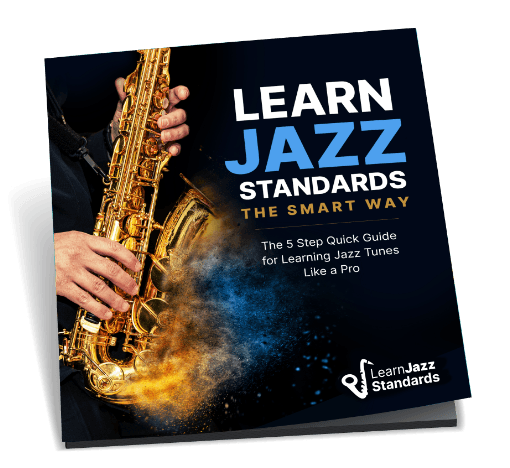
8. Pit Orchestra Gigs
Pit gigs provide steady, consistent work, only require a commitment of a few hours each night, and have a lot of flexibility for subbing. It’s not for everyone (I’ve never pursued it) but those who appreciate consistency and don’t mind reading the same book every night can really benefit from a gig like this.
Also, it’s possible to sub on a few different shows and just pick up the work whenever you’re available. Woodwind players need to be excellent doublers, and it’s important to be able to read music on a very high level. The base salary for a Broadway pit orchestra musician typically starts at $1,500 a week.
9. Full-time Big Band Gigs
Most of the full-time big band gigs are government/military based. A few European bands, like the WDR Big Band, are subsidized by the government. In the US, the Jazz at Lincoln Center Orchestra provides salaried positions, and there are a few elite big bands that work a lot, even if they don’t provide full-time gigs. The Military based big bands provide stability, consistency and a pension after retirement.
10. Private Event Gigs
Private event gigs will never become obsolete. No matter how popular electronic music becomes, some people will always want live bands at their events. Live music provides a special ambiance, and even flaunts the event as being costly. Sidemen on event gigs can make anywhere from $200 to $1,000, but the typical range is $300-$600, depending on the band/agency.
11. Sell Educational Products Online
People like to buy things online now (okay, that’s an understatement) so there is a massive demand for educational products such as E-Books or online lesson courses. An old friend of mine, Brent Vaarstra, runs the website Learn Jazz Standards and makes most of his income from behind his computer.
12. Sell Subscriptions/Memberships to Your Website
Bob Reynolds is a great example of someone who sells premium access to an educational blog. He offers online “lessons” through a members-only portion of his website, where he posts videos and communicates with members directly in the forum. He is one of many people doing this, but it’s a market that has only touched the surface of its potential to attract consumers.
According to a New York Times article featuring Bob in 2015, “There are 400 or so subscribers, most of whom pay $39 a month for access”. According to that math, Bob is making a lot of money, and he has the luxury of being his own boss.
13. Grants
For those of you who are uncompromising in your creativity, pursuing grants can be a great way to help you spend the greatest amount of time possible writing music and developing your craft.
Grants can range from a few hundred dollars to a few hundred thousand dollars (check out the MacArthur Fellowship), depending on the level for which you’re applying or being considered. Check out The Jazz Gallery Commissions and the Doris Duke Grants for a couple examples. You’ll find some of your favorite creative jazz musicians listed as past recipients.
14. Cruise Ship Gigs
You won’t necessarily make “big money” playing a cruise ship gig, and the gig is a full-time commitment so you can’t make other income from additional occupations unless you’re taking advantage of online possibilities, but the important consideration here is that your expenses are being covered. If you don’t have expenses back home, or if you don’t have a “back home” during your cruise ship employment, then your salary can go straight into the bank. Your annual savings might actually be higher than someone making twice your income on land.
15. Hotel Gigs
Hotel gigs can vary from one-time restaurant-style background gigs to steady weekly, or even nightly, engagements where you’re fully employed by a hotel/resort, similar to a cruise ship gig. Sometimes hotel gigs are even full-scale shows with an attentive audience. Celine Dion at Ceaser’s Palace could even be considered a “hotel gig”.
For a jazz musician, a hotel or restaurant gig will typically pay anywhere from $50 to $300 per musician a night, depending on the venue. It can be a fun way to practice standards in the background, or play an actual show, depending on the nature of the gig.
16. Arranging
All sorts of musicians will contract arrangers for projects ranging from big band, orchestra, pop, horns and even just transcriptions of original recordings that they want to recreate in a live or recorded setting. Arranging contracts can range from a few hundred dollars to a few thousand dollars, depending on the gig. As with many of these occupations, how much you work can depend on how much you want to take on once you become in demand as an arranger.
17. Film Scoring, TV and Video Game Music
Movies, TV shows and video games always have music, and often times the music is made specifically for the production, so you can imagine that there are tons of opportunities to compose original music for these creations.
As the style of film scoring expands beyond the traditional orchestral soundtrack, jazz musicians who are skilled composers are starting to enter the field of film scoring more frequently. However, it’s important to remember that there is also a tradition of jazz musicians scoring for films, e.g. Duke Ellington scored Anatomy of a Murder and Sonny Rollins scored Alfie.
Movies now use anything from abstract jazz to electronic music. Renowned jazz drummer, Antonio Sanchez, scored the Oscar-winning movie, Birdman, by composing solo drum/percussion pieces throughout the movie. The film, TV and video game industries are massive so, needless to say, composing in these mediums can bring in big-time cash, but it’s important to remember that it’s not just “go big” or “go home”. There are lots of mid-level scoring opportunities that lesser-known composers can book to make more modest, yet still comfortable, livings.
18. Booking and/or Contracting
This doesn’t necessarily involve playing your instrument, but often times the most established bookers and contractors are musicians, who might take on this work intermittently, or even full time.
Booking can be done for a venue, for an artist (providing a backing band or band personnel), a specific event, or for event agencies. Often times this role will be referred to as contracting, because there can be a lot of paperwork and emailing involved, like filling out and/or processing contractual agreements.
If you book for events, your role might even crossover to managing the entertainment on a larger scale. Depending on your exact role and the type of contracting you’re doing, you could make anywhere from a few hundred bucks just to book a horn section without any paperwork and not even have to be on site, to thousands of dollars to manage entertainment for an event, or anything in between.
Remember, don’t give up.
Many musicians move on to different career paths because they decide there are other things in life that they find more fulfilling, but some move on because they feel jaded or they don’t see a path to their success.
Any career path has challenges and you will have to endure hardships whether you’re trying to become a lawyer or a jazz musician, but one thing is certain: You can make a good living in both of those fields, even if there is a false notion about how feasible it is to work as a musician.
Prepare yourself for moments of frustration, disappointment and discontent. Patience is key. Keep moving in the right direction, make realistic short-term and long-term goals, reevaluate when necessary, and you will get to where you want to be.
And remember: Money isn’t everything. Even a life in music can be stressful and overwhelming if you’re overworked and overbooked. You may get to a point where you have to scale back and say “no” because you might be happier making $40k doing what you like in moderation, instead of $100k working all the time without a break.
We become musicians because we love music and you don’t want to lose sight of that when it becomes a business.


